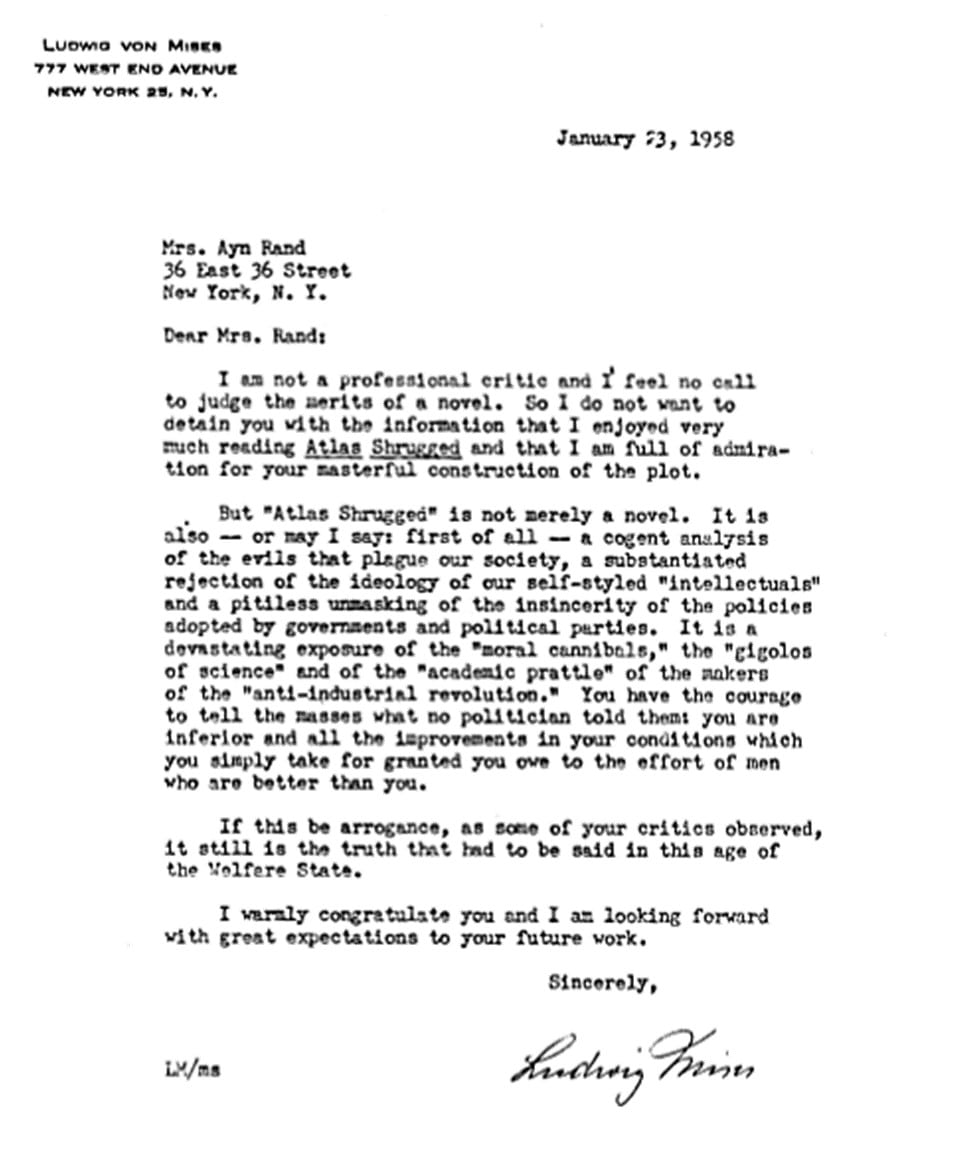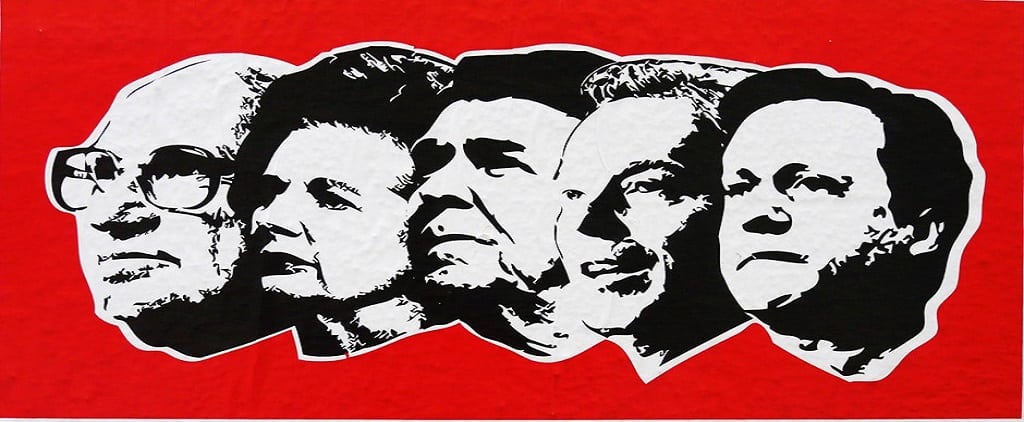[dropcap style=”font-size:100px;color:#992211;”]T[/dropcap]he mechanisations of the liberal elite or extreme centre are explored in the work of writer and journalist Adam Tooze. Too often recently are we distracted by the low brow headline grabbing activities of clowns like Trump and concerned about the polarised extremes of left and right, but what lies under this façade? what is the motor of the neo liberal world?.
neoliberalism’s founding moments in the wake of the First World War.
The movement was born as a passionately conservative reaction to a
post-imperial moment—not in the 1950s and ’60s but amidst
the ruins of the Habsburg empire.
While concerns regarding extremists are important they do obscure the real core of power a machine that requires more than finger wagging and posturing to counter it. Acting in the interests of private property and marshalling all the established soft power the neo liberal project represented by people like Ludwig Von Mises retain control with the underlying myth that they are superior beings, note Von Mises letter to Ayn Rand on Atlas Shrugged,

Ludwig von Mises’s Letter to Rand on Atlas Shrugged
Note the key sentence which confirms the thinking of wealthy privileged individuals, ‘…you are inferior and all the improvments in your conditions which you simply take for granted you owe to the effort of men who are better than you,’ There is a certain depressing blind spot in this thinking but it serves to eliviate any guilt or sense of brutality that a neo liberal mat feel when they encounter resistance to their thought they can simply claim it is the bitter resentment of lower life forms. In the midst of this ideology Tooze can help us to find the right ways to build resistance,
“How power operates in modern history is my central theme. What unifies my books is the attempt to write a history of the uneven and combined development of power and to do so in narrative form. The books are flanked by more eclectic fields of interest. These are collected below in more or less coherent clusters. The specific themes range from the history of World War II and military and economic power, to questions of international relations and international economic history, from the concrete materiality of industrial and agrarian history, to the abstractions of modern social theory,”Adam Tooze
The interests of the inheritors of Mises thinking dominate the western world powers, we must try to see this power for what it is and how it works if we are to counter it.
________________________________________________________
Neoliberalism has many histories. Milton Friedman, the Chicago school, Pinochet, Thatcher and Reagan’s market revolution, IMF structural adjustment, and shock-therapy transition programs for the post-Communist states are all fixtures in the narrative of the neoliberal turn. If we wind the clock back to the aftermath of the Second World War, we can see precursors in the ordoliberalism of West Germany and the Mont Pèlerin gathering of 1947. If asked to name a founding moment, one might point to the Colloque Walter Lippmann of August 1938 in Paris. Those with a particular interest in the history of economic thought might go one step further back to the “socialist calculation debate” launched by the Austrian economist Ludwig von Mises in 1920, in which he articulated a fundamental critique of the logical possibility of socialist central planning.
All this is familiar to scholars. Globalists, from Wellesley historian Quinn Slobodian, is important because it provides a new frame for the history of this movement. For Slobodian, the earliest and most authentic brand of neoliberalism was from the outset defined by its preoccupation with the question of world economic integration and disintegration. In the 1970s, neoliberalism’s proponents would help unleash the wave of globalization that has swept the world. But, as Slobodian shows, their advocacy for free trade and the liberalization of capital movement goes back to neoliberalism’s founding moments in the wake of the First World War. The movement was born as a passionately conservative reaction to a post-imperial moment—not in the 1950s and ’60s but amidst the ruins of the Habsburg empire. Torn apart by self-determination, the collapse of the Austro-Hungarian Dual Monarchy in 1918 was not just the failure of a complex multinational polity. In the eyes of von Mises and his ideological allies, it threw into question the order of private property. It was the First World War and the Great Depression that birthed democratic nation-states, which no longer merely shielded private property but claimed control over a national economy conceived of as a resource to be supervised by the state. Private property that had once been secured by a remote but even-handed imperial sovereign was now at the mercy of national democracy.
Neoliberalism’s World Order
Adam Tooze ▪ Summer 2018, read article here.
________________________________________________________

Some of the news that we find inspiring, diverting, wrong or so very right.
















